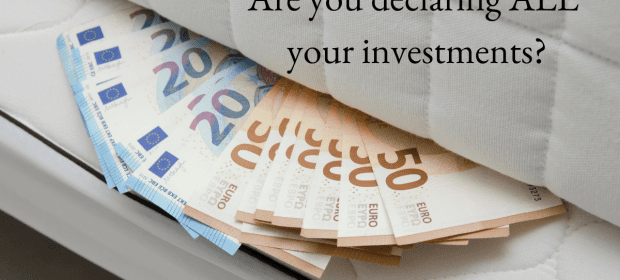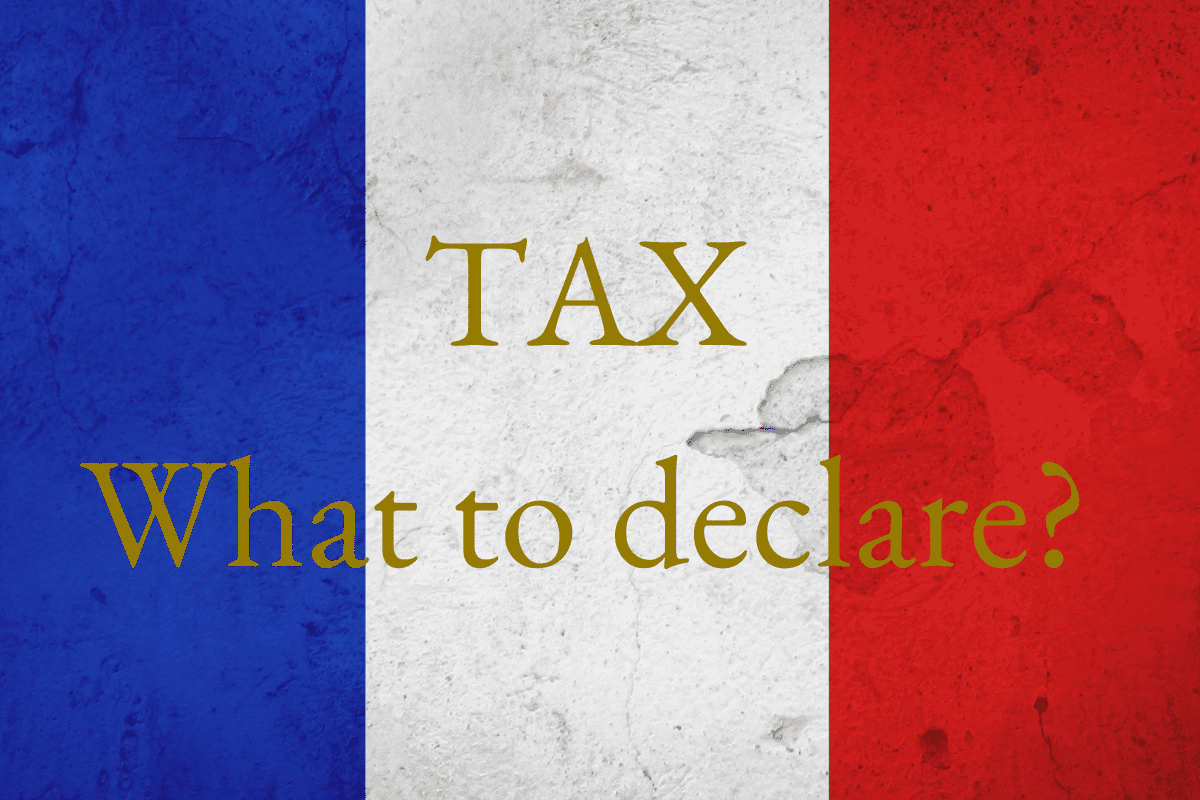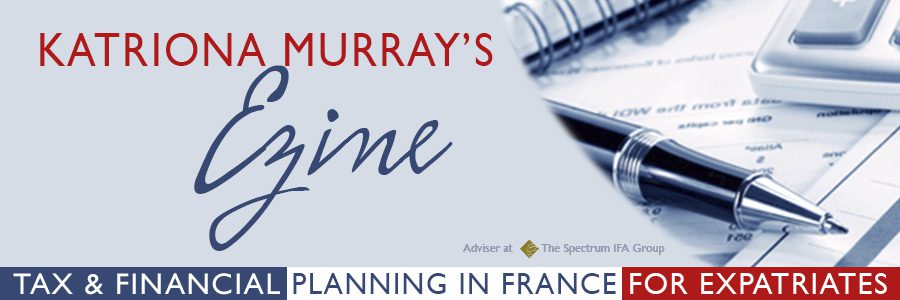After the fun and festivities of March (or those that could be had in current circumstances) it’s time to get down to serious tax work in April. The tax forms and dates of submission have not, at the time of writing, been released so that will have to wait until next month’s Ezine but usually the forms are available around the second week of April. If this is your first year of declaring in France you will have to go to the tax office to get the paper forms to complete. After submitting your first paper return you should then be given details to allow you to log on to your online account and do future returns online. The paper returns you will need are usually the 2042, sometimes the 2042 pro if you have professional income, the 2047 for all foreign source income and the 3916 for bank accounts and assurance vies (section 7 of the form).
The 3916 has recently been amended to take into account the new information that needs to be declared. Make sure you tick box 8UU for bank accounts and 8TT on the 2042 form to flag the fact that you have foreign assurance vies.
Under Article 1649 AA of the French Tax Code, those tax payers who have foreign assurance vies must declare the policy number, the amount of the investment, the start date of the policy and the duration of the contract or investment, any top ups or payments or reimbursements of premiums made during the tax year and, if relevant, the amount of any withdrawals or the surrender value,
Article 344 C of the Tax Code has now added new requirements concerning the information for foreign assurance vie policies which are:
- The identification of the policy holder: name, forename, address, date and place of birth,
- the address of the head offices of the insurance company or similar institution and, if relevant, the subsidiary which grants the cover,
- the person covered by the policy, its reference numbers, the nature of the risks covered,
- the amount covered by the policy and the duration of this cover,
- the dates of any amendments to the contract, total or partial withdrawals, which have taken place during the calendar year.
Our policy providers are aware of this new law and will send out the relevant information for you to add into your tax returns or attach as a document online.
Those who have regular at home services and pay via CESU usually receive a tax credit for these expenses, 60% of which is paid in January. From June 2021 the tax office will be trialling a new system of immediately paying the tax credit for home help for those employers in Paris and the Northern departments who use the CESU system, before progressively rolling out this system across the whole country in 2022.














